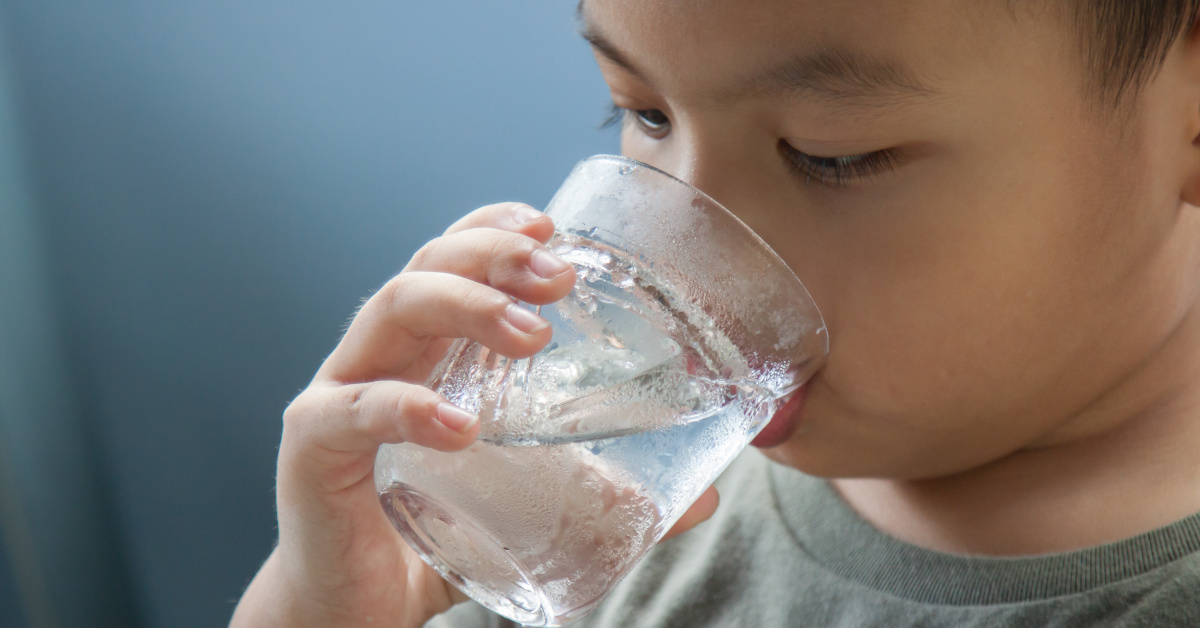Safer Chemicals Healthy Families applauds bill and urges Senate to act swiftly on the legislation
WASHINGTON, D.C.—The United States House of Representatives today passed a bipartisan bill that would begin to address the country’s PFAS crisis, H.R. 2467. The PFAS Action Act of 2021 will restrict PFAS air and water pollution and help to jumpstart cleanup at polluted sites across the country. The bill passed the House by 241 to 183, with 23 Republicans voting in favor.
In response, Safer Chemicals Healthy Families director Liz Hitchcock said:
“Communities across the U.S. are suffering the health consequences of our exposure to highly toxic PFAS chemicals, and many states and local communities have taken action to turn off the tap and start cleaning up the mess. We applaud the House and the sponsors of the bipartisan PFAS Action Act for the steps they’ve taken today to address this growing crisis. We look forward to working together as this, and other measures to take on these “forever” chemicals, move forward.”
The PFAS Action Act contains provisions to:
- Require the EPA to establish a national drinking water standard for PFOA and PFOS within two years that protects public health, including the health of vulnerable subpopulations
- Designate PFOA and PFOS chemicals as hazardous substances within one year and require the EPA to determine whether to list other PFAS within five years
- Designate PFOA and PFOS as hazardous air pollutants within 180 days and require the EPA to determine whether to list other PFAS within five years
- Require the EPA to place discharge limits on industrial releases of PFAS and provide $200 million annually to upgrade water infrastructure
- Prohibit unsafe incineration of PFAS wastes and place a moratorium on the introduction of new PFAS into commerce
- Require comprehensive PFAS health testing
- Create a voluntary label for PFAS in cookware and other products
PFAS BACKGROUND
Chemical companies make PFAS chemicals for their stain-resistant, water-repellent, and grease-proof properties. A growing body of scientific research has found links between exposures to PFAS and a wide range of health problems including a weaker immune system, cancer, increased cholesterol levels, pregnancy-induced hypertension, liver damage, reduced fertility, and increased risk of thyroid disease. Scientists are most concerned about the cumulative impact resulting from exposures to products, contaminated drinking water, and contaminated food. A recent peer-reviewed study by Toxic-Free Future found PFAS in 100% of breast milk samples tested and that newer PFAS build up in people.
Many state governments have begun the process of regulating PFAS in drinking water and have adopted enforceable standards or Maximum Contaminant Levels (MCLs) for PFAS in their state. States with enforceable drinking water standards include MA, MI, NH, NJ, NY, and VT; and states with proposed standards include AZ, IA, KY, ME, and RI. Other states have adopted guidance and/or notification levels for PFAS in drinking water. These states include AK, CA, CO, CT, DE, ME, MN, NC, NM, and OH.
State governments are taking legislative and regulatory actions to phase out PFAS in products to prevent contamination in favor of safer alternatives. For example, laws in ME and WA have given state agencies authority to ban PFAS in a wide range of products. CT, ME, MN, NY, VT, and WA have enacted phase-outs of PFAS in food packaging. VT and ME adopted bans on PFAS in carpets, rugs, and aftermarket treatments and regulatory action is pending on these products and other home textiles (e.g. upholstery, bedding) in CA and WA. CO, CA, CT, NY, NH, ME, and WA have put in place bans on the sale of firefighting foam containing PFAS. Federal legislation to protect communities and ban PFAS in multiple product sectors including food packaging, has been or is expected to be reintroduced.
Retailers are increasingly adopting safer chemicals policies to reduce or eliminate PFAS in key product sectors, according to the annual Retailer Report Card published by Toxic-Free Future’s Mind the Store program. For example, Lowe’s and Home Depot are no longer selling indoor residential carpets or rugs with PFAS, and Lowe’s also committed to stop selling fabric protection sprays aftermarket treatments with PFAS. REI announced it will no longer sell ski wax with PFAS or treatments for gear and clothing by spring 2023. In addition, 18 retailers selling food or food packaging announced steps to reduce or eliminate PFAS in food packaging at their more than 77,000 stores.
SAFER CHEMICALS HEALTHY FAMILIES
Safer Chemicals Healthy Families is a Toxic-Free Future program dedicated to achieving strong federal policies that protect the public from toxic chemicals. www.saferchemicals.org
###
MEDIA CONTACT
Stephanie Stohler
[email protected]

